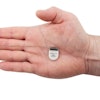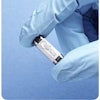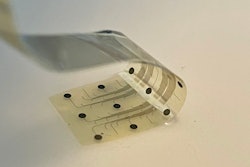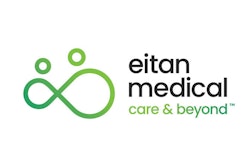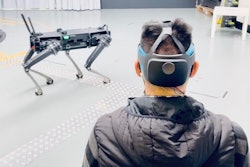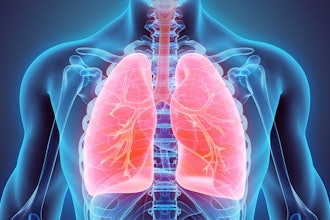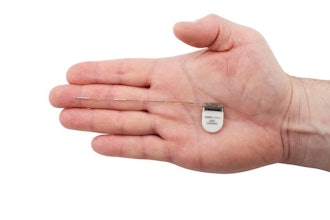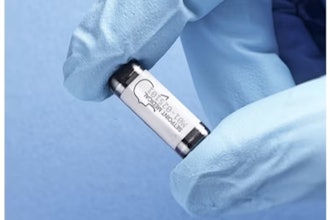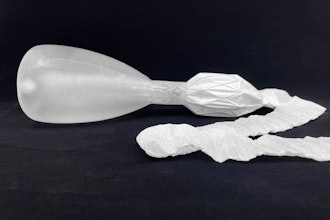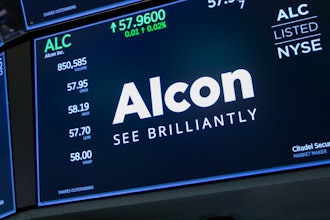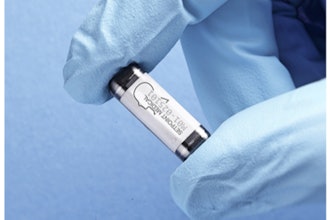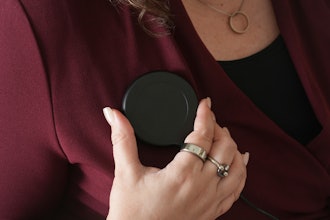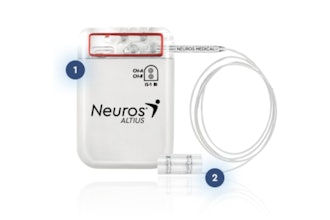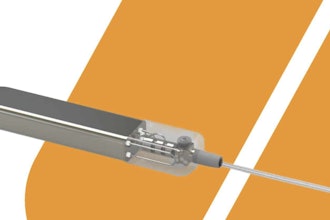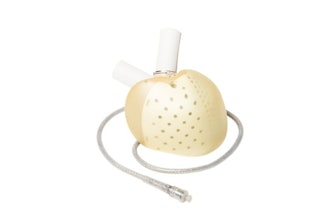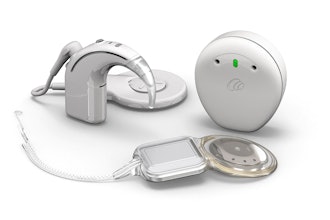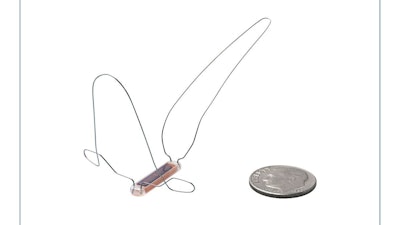
Endotronix, Inc., a digital health and medical technology company dedicated to advancing the treatment of heart failure (HF), announced it has received Investigational Device Exemption (IDE) approval from the FDA for a subsequent multicenter study, PROACTIVE-HF 2, which will evaluate the company's Cordella Sensor for pulmonary artery (PA) pressure-guided therapy. The prospective, dual-arm trial aims to expand access to New York Heart Association (NYHA) class II HF patients and support efficient and scalable remote patient management with a clinician-directed, patient self-management strategy.
The PROACTIVE-HF 2 prospective, open-label randomized controlled clinical trial will enroll up to 1,500 patients in the U.S. and Europe. The dual arm study design was presented over the weekend at HFSA and the first patient is expected to be enrolled later this year. The randomized arm will assess the safety and efficacy of PA pressure-guided therapy using Cordella in NYHA class II patients at risk for congestion. In both cohorts, patients and clinicians will have access to daily trended telehealth data (i.e. blood pressure, heart rate, and weight) and the treatment cohort will also have access to daily PA pressure data. The study will evaluate safety and efficacy, using a compositive first HF event or death rate, for up to 24 months. The single-arm study will assess the impact of clinician-directed patient self-management at home in NYHA class III HF patients who are at risk for poor outcomes using a 12-month endpoint for safety and incidence of HF hospitalization or death. Both arms will collect data on secondary endpoints including changes in right ventricular function in relation to PA pressure, and patient engagement.
Additionally, the Company presented 12-month sub-study data from its initial pivotal PROACTIVE-HF trial at the HFSA conference, demonstrating a low HF hospitalization rate of 0.34 at 12 months in NYHA class III HF patients. In December 2021, the prospective, multi-center pivotal PROACTIVE-HF trial was redesigned from a randomized controlled trial, with patients and providers in a control arm blinded to PA pressure values, to a single-arm study where both groups had access to patient data. The data for 63 former control arm patients was evaluated before and during the 12-month period following the unblinding, demonstrating significant improvements in mean PA pressure (mPAP) and outcomes, as well as strong patient interest in having access to PA pressure data.
- In the unblinded period, average seated mPAP for patients above target (>20 mmHg) decreased significantly (28.1 mmHg vs. 23.6 mmHg, p=0.03)
- 12-month unblinded HF hospitalization rate was significantly lower than the 12 months prior to implant (0.3 ±0.9 vs. 1.3±0.9, p<0.0001)
- 78% of patients made lifestyle changes based on their mPAP trends
- 86% of patients rated a positive impact of PA pressure management on their health
This data dovetails the announcement that the PROACTIVE-HF study has completed its primary endpoint follow-up period and the data is being prepared for pre-market approval (PMA) submission to the FDA by the end of the year and data presentation in the first half of next year.


